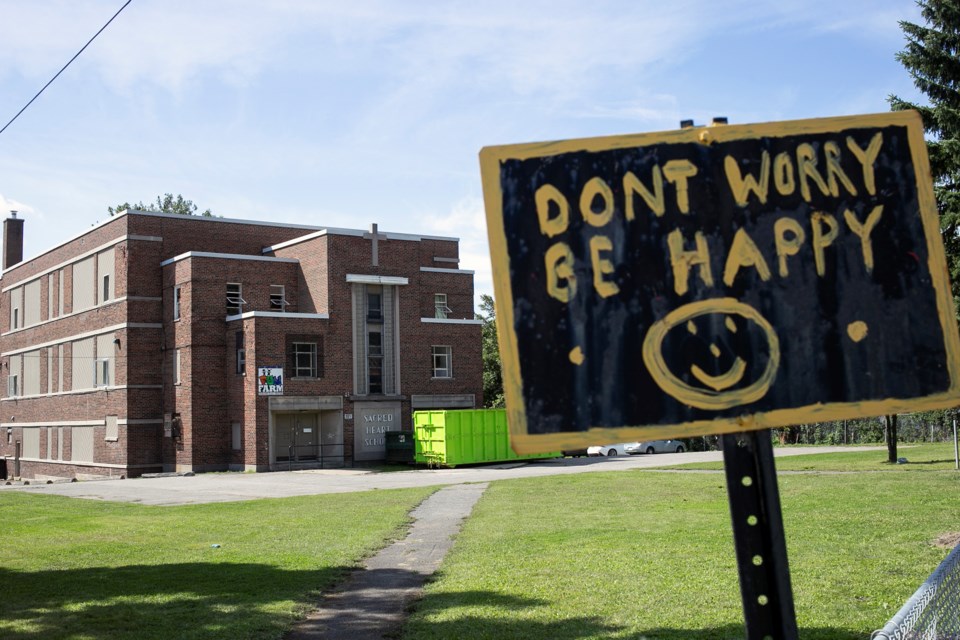A harm reduction and recovery program that recently opened to assist people living with addictions in Sault Ste. Marie is seeking people with lived experience to guide its clients through the services it offers.
The Harm Reduction Hub opened in July at the office of Canadian Mental Health Association Sault Ste. Marie said program supervisor Cami Coutu.
The hub model allows a person living with addictions to come in and access a number of services from different agencies at a single drop-in location.
She said CMHA clients with mental health and addictions issues are often ‘lost in transit.’
”That means we will refer here at Canadian Mental Health for a client to go to the RAAM (Rapid Access Addiction Medicine) clinic, but we lose them in transit, they don’t actually end up getting there or there is a waiting list and their priorities today are not necessarily their priorities four weeks from now,” said Coutu.
Partner agencies involved in the hub include CMHA, Algoma Public Health, Sault Area Hospital, Algoma Family Services, Group Health Centre, Ontario Aboriginal HIV/AIDS Strategy, John Howard Society, among others.
“With the services all around that drop-in centre would be meeting them where they are at and allow us to do as much harm reduction in a number of different ways as possible,” said Coutu.
The hub will move to its more permanent home when the new men’s shelter opens at the former Sacred Heart School site at 721 Wellington St. E., expected to happen sometime in 2022.
“You are going to see a number of different things there — a men’s shelter, transitional housing, an ambulance bay and the neighbourhood resource centre will be there with the harm reduction hub, so it will be like one big drop-in centre,” said Coutu.
A needle exchange program is also being proposed for that site, said Coutu.
The hub was opened in July in a meeting room at the CMHA office on Queen Street as a temporary solution, bringing it under the same roof as Algoma Public Health’s needle exchange program.
“So we are able to see clientele come in one door and go to both sides and have any needs met,” said Coutu.
Although its doors opened only recently, the original funding application by the Algoma Leadership Table through the federal government’s Substance Use and Addictions Program began in October 2019.
The project has been funded to the tune of $663,342 over three years, said Liberal MP and current incumbent candidate Terry Sheehan.
In a recent SooToday article, the Liberal, NDP and Conservative candidates in the upcoming federal election all agreed that addiction issues should be dealt with through the health care system, not the criminal justice system.
Coutu said the hub is staffed primarily by peer support workers — people with lived experience with mental health and addictions — as opposed to clinical nurses or other medical staff.
“We are finding that to be incredibly relevant during this time. I think the clinical nature doesn’t really resonate with people with addiction issues, so we feel the peer relationship works much better,” she said.
Coutu said the hub will be making a callout in the near future to hire more part-time peer support workers. People who have lived experience with addiction who are interested in being considered for the positions can email her directly.
“What our program tries to do is elevate those people to full-time career jobs. The hub is a stepping stone for some to be able to find full-time employment, whether it’s at CMHA or other agencies in the community,” said Coutu.
